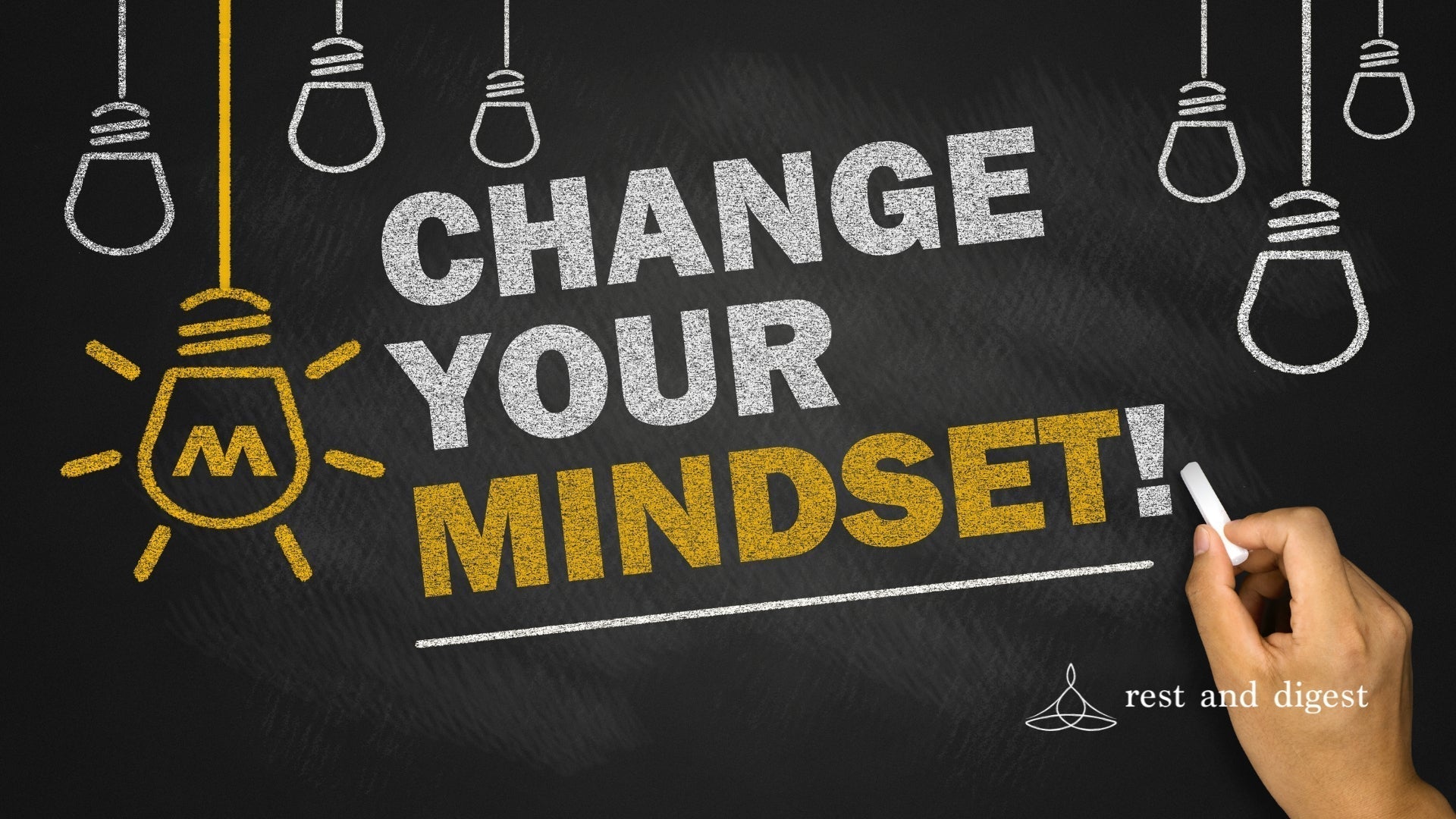
Health and Wellness Products
Our self care website offers a wide range of health and wellness products and wellbeing resources related to health and wellness to help with taking care of yourself including articles on topics such as nutrition, fitness, emotional health, mindfulness, and stress management. We also offer wellness resources such as tips for healthy living, nutrition and healthy eating guidance, family health and wellness advice, product recommendations for health and wellness products, and suggestions for incorporating healthy habits into your daily routine. Our goal is to provide our readers with the healthcare information and inspiration they need to live their healthiest lives - and provide them with the best health and wellness products available, curated form around the world.
Understanding Health & Wellness
Health encompasses more than just the absence of disease; it encompasses complete physical, mental, and social well-being as defined by the World Health Organisation (WHO). Different from medical health, wellness is an active process through which individuals make choices toward a more successful existence.
Rest and Digest carries a wide range of health and wellness products that can help you live your best life. We have health and wellness products related to Yoga, Relaxation, Meditation, Self Care, Skin Care, Journaling and many other types of products that can improve your health and wellbeing.
Here is a sample of our best health and wellness product ranges.
Defining A Healthy Lifestyle & Being Well
Health can be defined as a state of complete physical, mental, and social well-being. It extends beyond just the absence of illness or diseases. It encompasses maintaining optimal physical fitness, having a sound mind free from excessive stress or anxiety, and fostering healthy relationships with others. Good nutrition, regular workouts, even a calming sauna can all contribute to your health.
Wellness, on the other hand, is an active process that individuals engage in to make choices that lead to a more fulfilling life. It involves actively pursuing practices that promote personal growth, happiness, and overall well-being. A wellness coach can guide you in these choices. From engaging in regular exercise to practicing mindfulness or cultivating positive relationships - wellness encompasses various facets that contribute to living a balanced and successful existence.
Understanding how these go hand in hand can help you find the appropriate health and wellness products resources to improve your overall wellbeing. This is one of the main reasons rest and digest was started - to provided resources and health and wellness products for those that need them most.
Comprehensive Approach to Overall Wellbeing
Where stress and work-life imbalance are prevalent, it's crucial to adopt a comprehensive approach to health and wellness. This means prioritising our physical, mental, and social well-being. While it may seem overwhelming to tackle all aspects at once, taking small steps in each area can lead to significant improvements in our overall well-being.
We are here to help you understand how each of these elements come together to make you healthier and happier, and we also provide a wide range of wellness products to take advantage of this knowledge. Browse our website to find the best health and wellness products from around the world to help make your life more relaxed and stress free.

Essential Components for a Balanced Self Caring Lifestyle
Our health and wellness ranges focus on each of these areas. We offer sleep essentials such as 100% mulberry silk pillowcases as well as old fashioned alarm clocks and a variety of sleep sprays and associated items to help you sleep better at night.
Practice of Self-Care for Health Enhancement
Rest and Digest focus on providing the best self-care and health and wellness products form around the globe. Some of our best selling health and wellness products in this niche are our queen b meditation candles and varieties of herbal teas.
See some of our herbal teas below:
Importance of Mental Well-Being
Caring for our mental well-being is equally important as caring for our physical health. The benefits are vast and encompass various aspects of our lives, including increased vitality and a greater likelihood of sustaining a fit lifestyle. So, why is mental well-being, such a preventative measure, crucial?
You can help your overall mental wellbeing by starting gratitude journals and bullet journals - they are wonderful health and wellness products designed to help you get your thoughts together and create a positive mindset.
See some of our gratitude journals here:
Bespoke Letterpress Sea Mist Journal
Bespoke Letterpress Oatmeal Journal
They are both exquisitely designed and presented health and wellness products to improve your mental health.
Influence of Physical Exercise on Health
Yoga plays a big part in your overall wellbeing. We have a range of beautifully crafted yoga health and wellness products on our website. See some of our yoga products below:
Yoga Mat - restanddigest.com.au/products/jute-and-natural-rubber-yoga-mat-and-carry-strap
Yoga Stretch Strap - restanddigest.com.au/products/yoga-strap
Sustainable Cork Yoga Block - restanddigest.com.au/products/yoga-block






